Trump’s newest cabinet member has opportunity to support habitat and access on the public lands that are part of our national identity
This morning, in a strongly bipartisan 68-31 vote, U.S. Congressman Ryan Zinke was officially given the top job at the Department of the Interior, where he’ll be responsible for the management of public lands, minerals, migratory birds, and endangered species. Hunters, anglers, and the conservation community look forward to working with Zinke to support habitat conservation, sportsmen’s access, and increased public involvement in the management of America’s public lands.
“More than ever before, we need to see the Secretary of the Interior act with conviction as the nation’s top champion of public lands and foremost arbiter of balanced management for fish and wildlife habitat and outdoor recreation,” says K.C. Walsh, chairman of the Theodore Roosevelt Conservation Partnership’s Corporate Council and president of Simms Fishing Products in Bozeman, Mont. “The hunting and fishing community is looking forward to working with Secretary Zinke and his staff to improve collaborative conservation of natural resources that are the envy of all the world.”
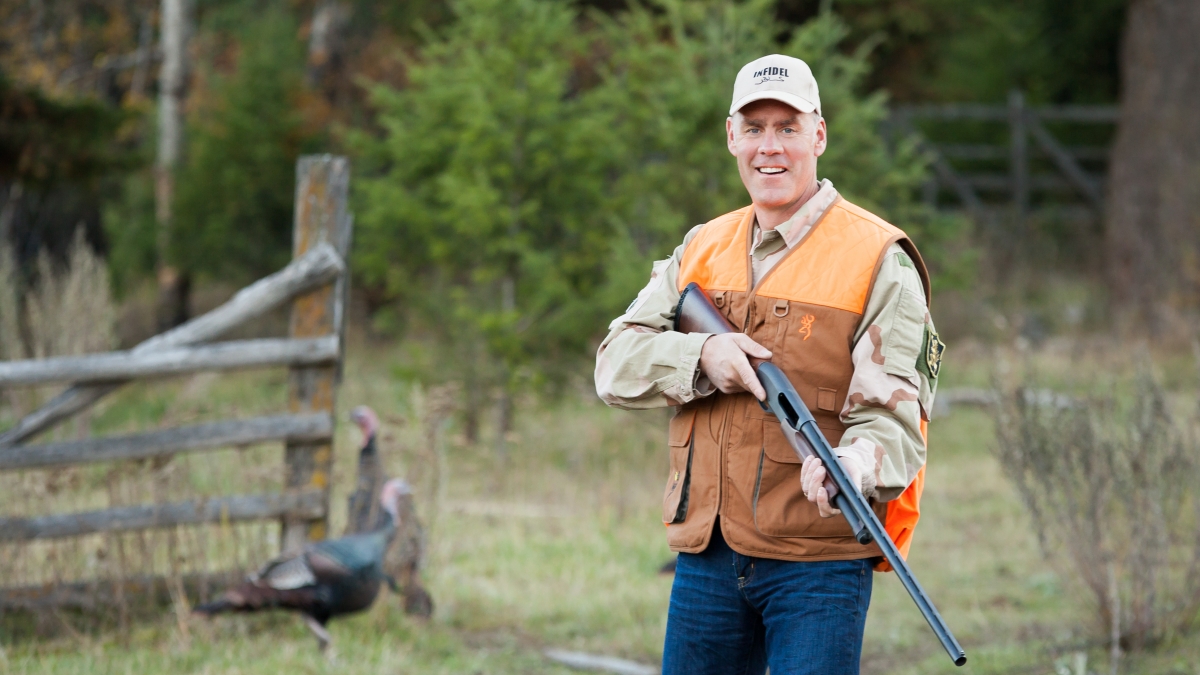
From his earliest days in office, Zinke will be faced with charting a path forward for the Bureau of Land Management’s revised land-use planning process, a rule that is supported by the sporting community but faces an uncertain future. The House voted three weeks ago to block the BLM’s new Planning 2.0 rule, which creates greater agency transparency and gives the public three additional opportunities to weigh in on land-use plans.
If the Senate passes a similar resolution under the Congressional Review Act, it would likely prevent the BLM from ever issuing a rule with substantially similar benefits. Sportsmen are encouraging Congress to take a step back and instead let Zinke lead on making further changes to the rule, while retaining its many benefits.
“We encourage Secretary Zinke to simply solve problems constructively: Bring together diverse stakeholders, and find common ground for the benefit of fish, wildlife, and our sporting traditions,” says Whit Fosburgh, TRCP’s president and CEO. “Sportsmen and women stand ready and willing to help shape a positive future for our public lands. We’re just asking that remaining concerns with the BLM Planning rule are addressed through a process that also keeps all of the improvements made to public lands management.”
During his tenure, Zinke will also oversee the implementation of federal conservation plans created to keep the greater sage grouse off the endangered species list.
“We’re hopeful that having a true sportsman in this role will be positive for sage grouse as well as the other iconic game species dependent upon conservation of sagebrush habitat, like mule deer and pronghorn antelope,” says Miles Moretti, president of the Mule Deer Foundation. “Hunters, ranchers, and other stakeholders are ready to work with Sec. Zinke to safeguard many traditional uses of this landscape through collaborative conservation.”
The TRCP and other sportsmen’s groups came out in support of Zinke’s nomination in December 2016, based mainly on his opposition to privatizing or transferring federal public lands to individual states. In June 2016, Zinke was the only member of the House Natural Resources Committee to cross party lines and vote against a bill that would allow states to acquire up to two million acres of national forest lands to be managed primarily for timber production, locking Americans out of our public lands. Later this summer, he resigned as a delegate to the Republican nominating convention because of the party’s position on the transfer of federal public lands to the states. Zinke is also in favor of full funding for the Land and Water Conservation Fund, which uses revenues from offshore oil and gas production to conserve important natural resources and open public access.
More than 50,000 Americans have signed a petition opposing the sale or transfer of our public lands. Learn more here.

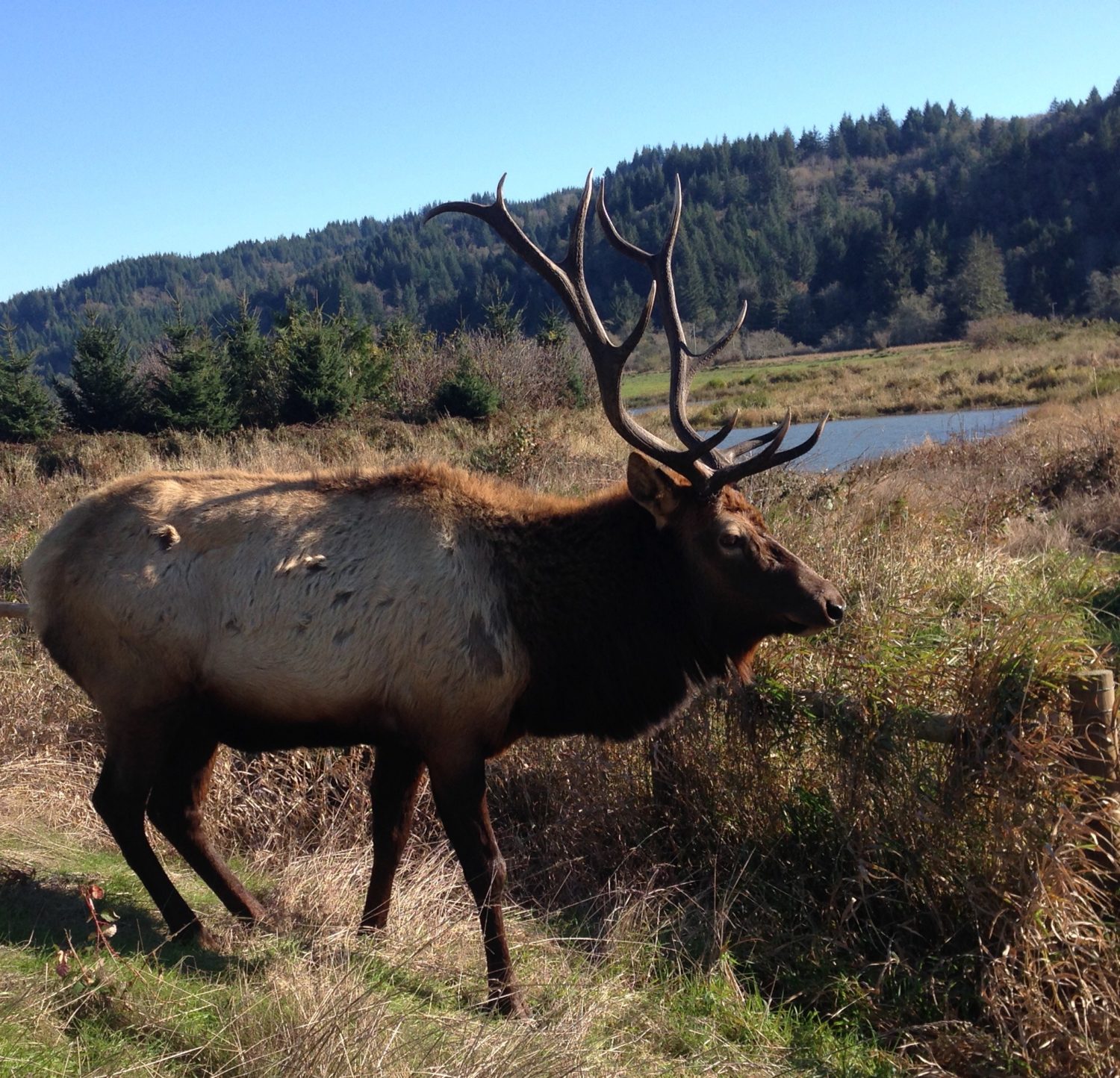
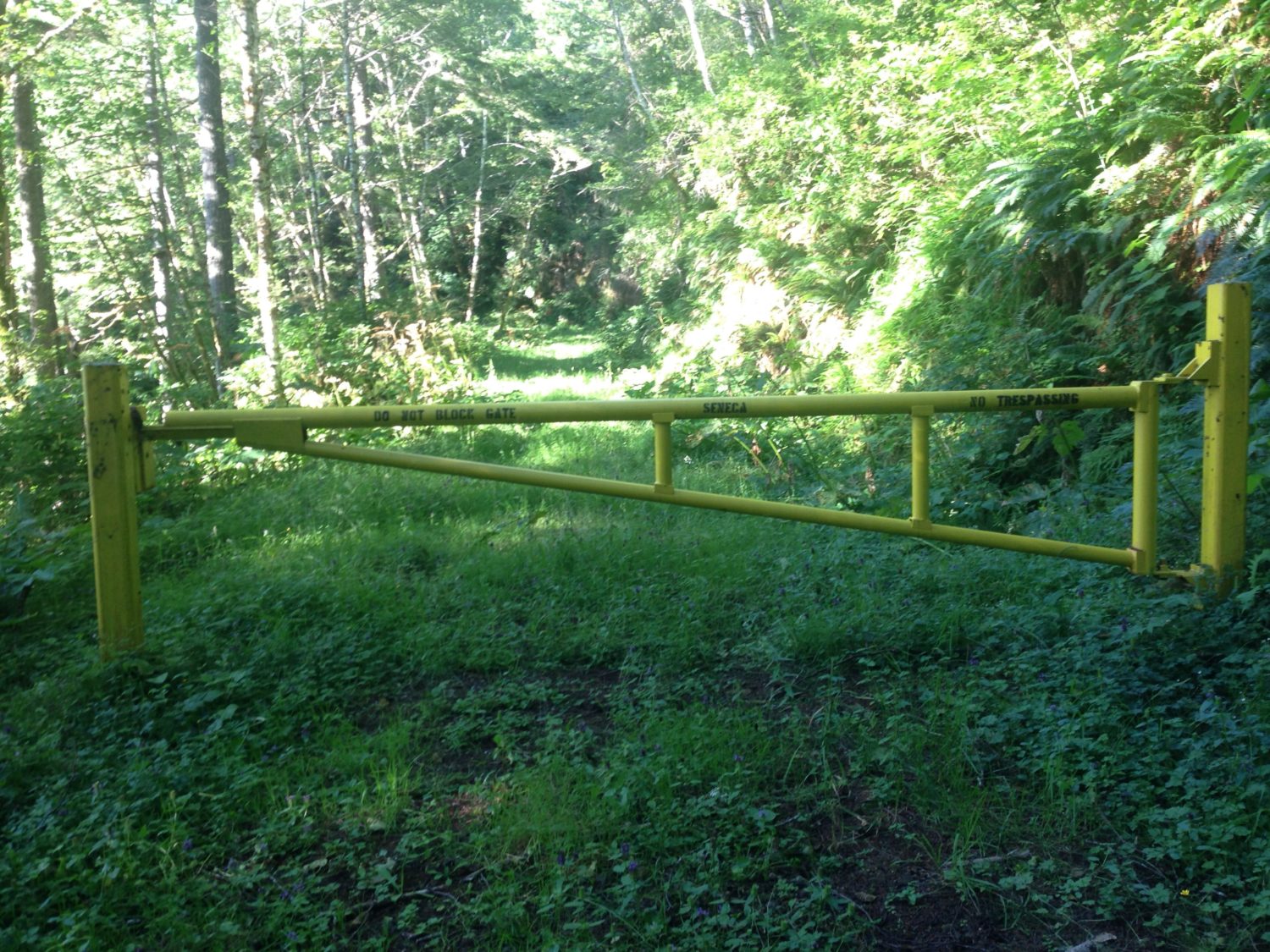
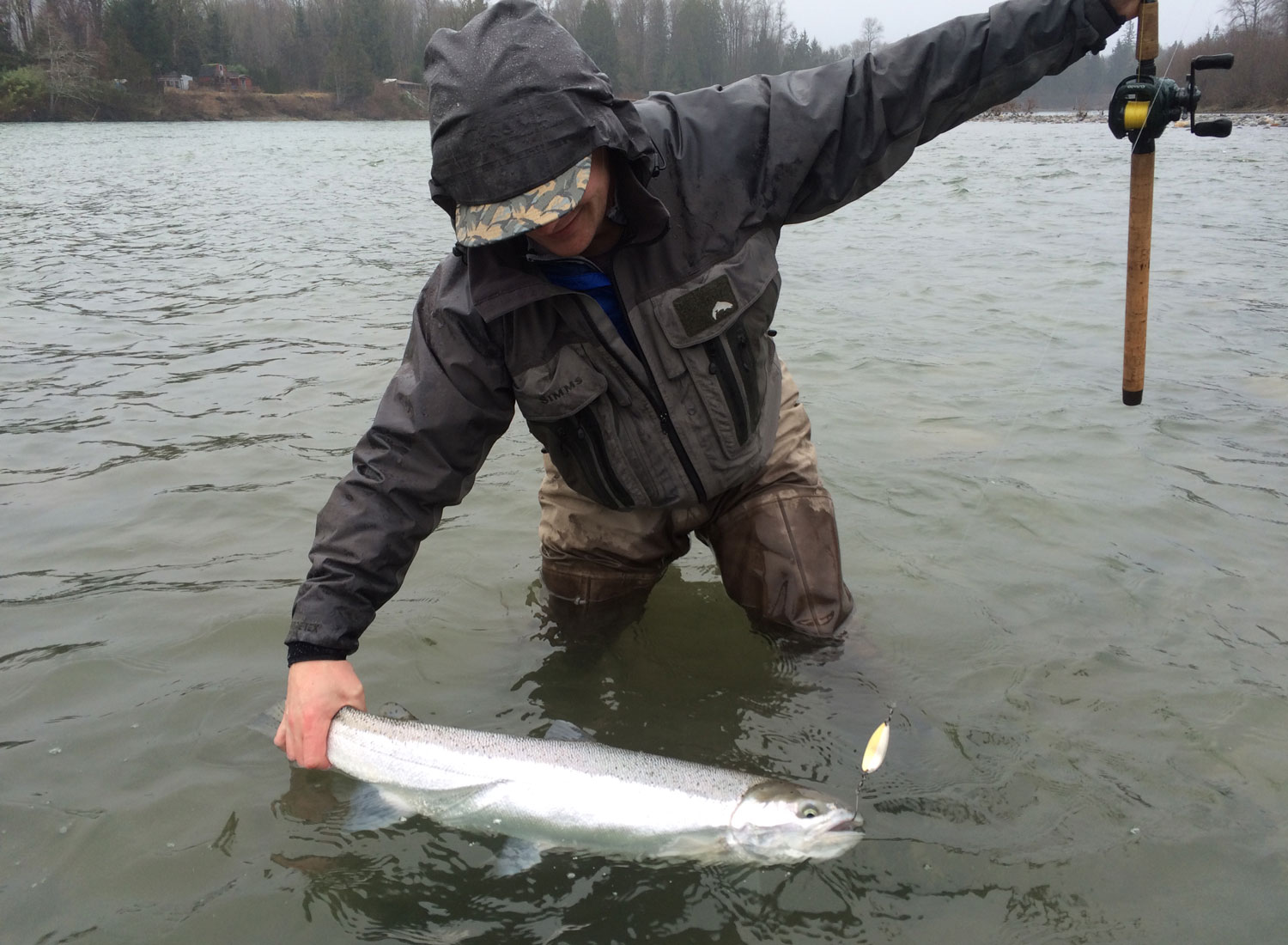
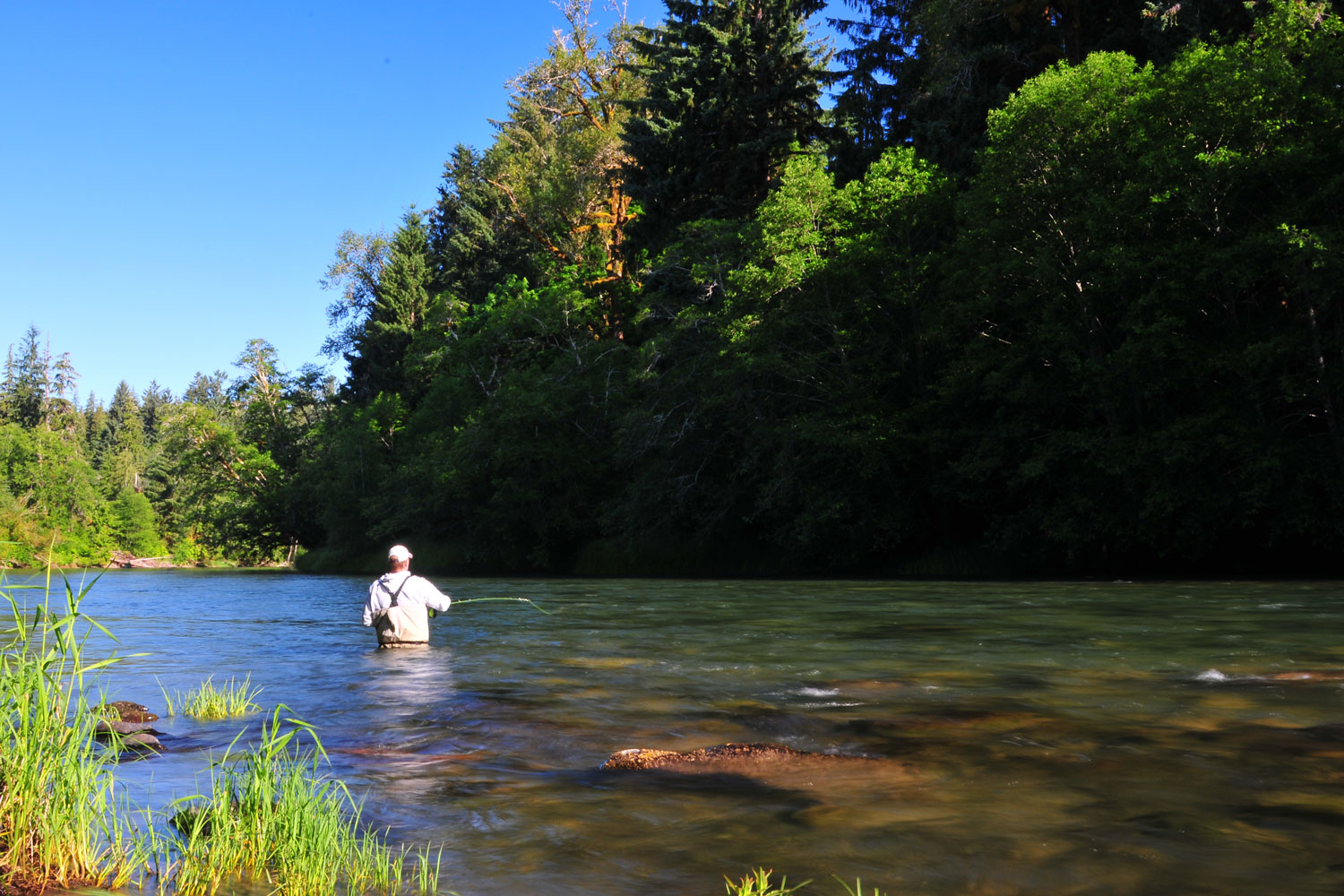
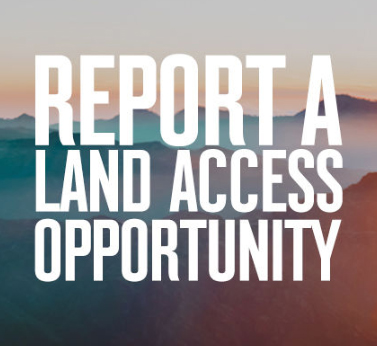
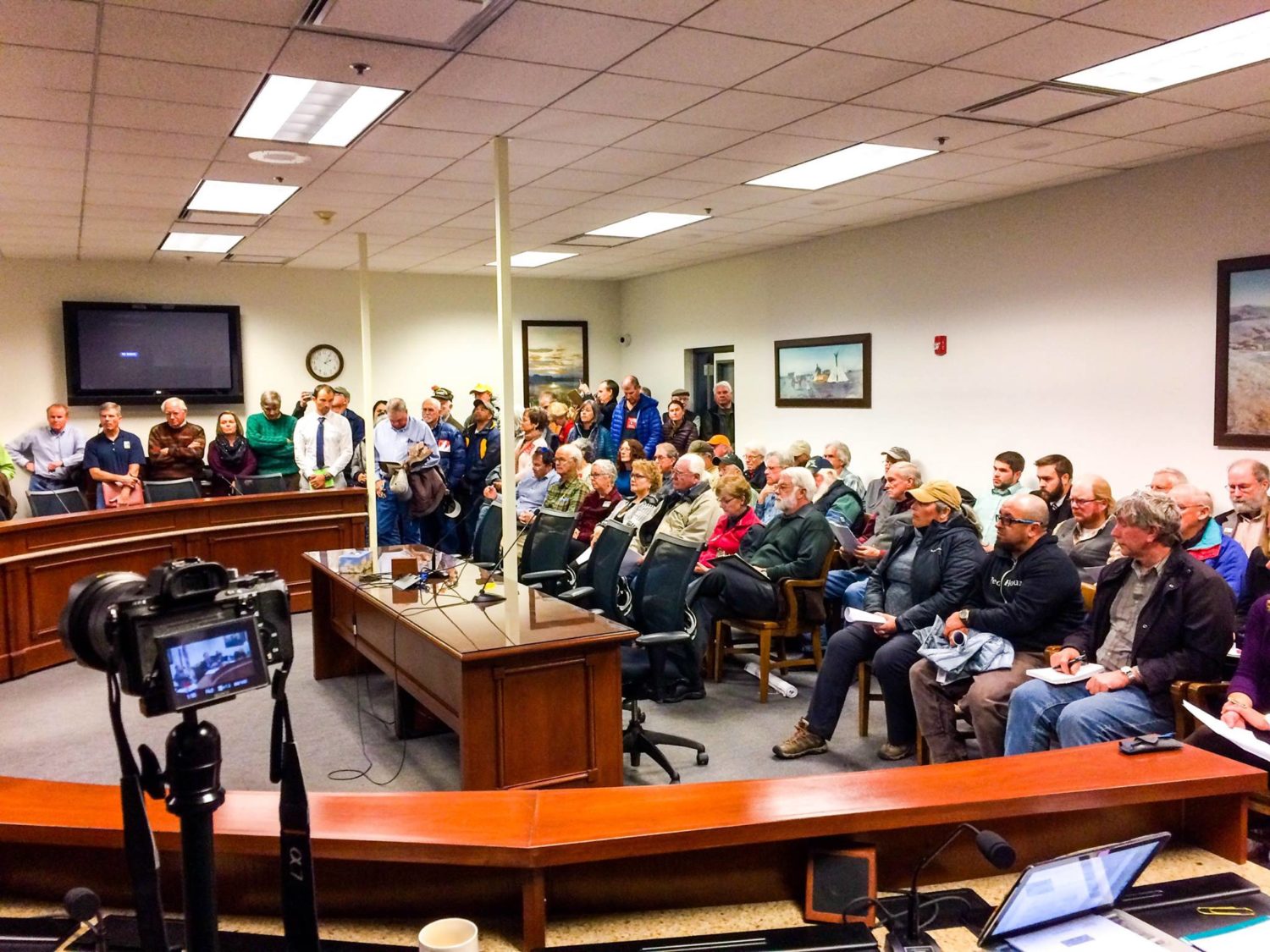
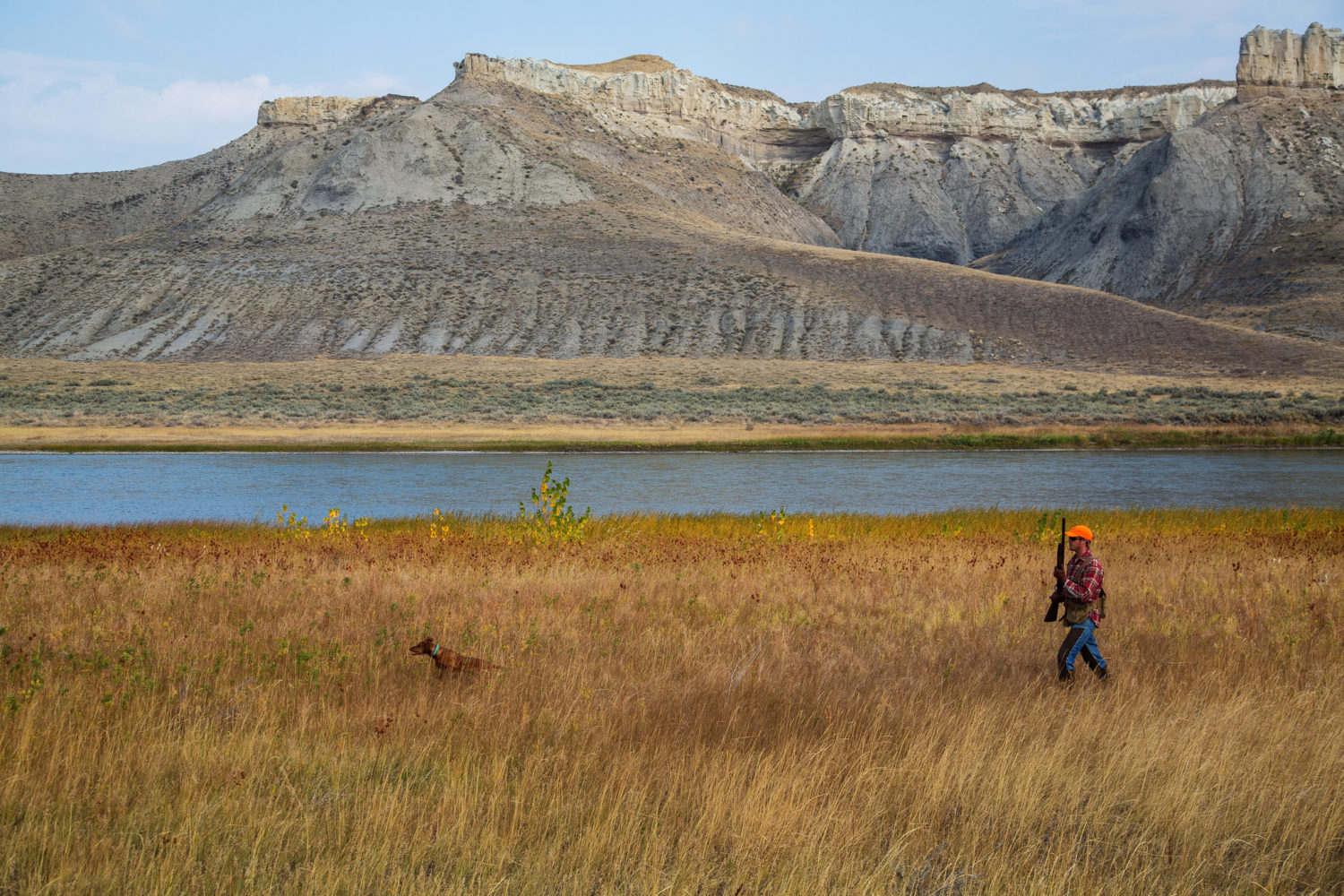




Please don’t sellout our public lands and keep them in public hands.
Much of America’s public lands are America’s share of planet Earth, the very Earth that, alone, generates and releases all of mankind’s life lines for life itself. Mankind’s only home, planet Earth, is her first, natural and wild surfaces, created, supported, sustained, maintained and protected only by all wild and native species, scientifically, biological diversity and bio means, “life”. Science refers to portions of wild and natural planet Earth as ecosystems. A handful of these ecological life-supporting services are oxygen releasing, the balancing of the gaseous composition of the atmosphere, transpiration of the vital water cycle, vital for Earth’s ability to cool the climate [and trees contribute immensely to this service] and the vital nitrogen cycle that passes between plants and animals. Also, add mankind’s protection from diseases and epidemics.
“In Wildness is the salvation of the Earth and the preservation of all life, long known among wolves and planet Earth but seldom perceived by man.”
I don’t beleive the Federal Goverment should transfer fedral land to the States either.We need to protect that Federal Land, for Sportsmanen , farmers , ranchers and Outdoors hikers , campers and future generations.
JEM
Please don’t transfer federal public lands to the states. Protect for future generations.
I absolutely oppose the sale or transfer of any of our public lands. These lands belong to each US citizen. And must continue to be maintained in such a manner as to preserve access and usage of these lands in their natural state. I hope that those we have voted to represent our interests do so in such a manner. Do not allow our public lands to be taken from us.
Public land needs public protection from special interest groups looking to strip them of resources.
Hopefully Secretary Zinke will also see the wisdom of the Antiquities Act and will not recommend changes to the Bears Ears National Monument, or other national monuments. Anyone in the know, knows that in southern Utah, in particular, the national parks, national monuments, and national recreation areas are the salvation of local towns. A decent future depends upon protecting them and helping local citizens benefit economically and in other ways from their proximity. We all need to come together as a community for the benefit of people and our natural heritage.
Please support public lands in public hands. States do not have the resources to manage federal lands and will sell them at the first budget shortfall. Public lands are one of the many things that make America great. Please protect these lands from privitization.
Public are to remain public. The fact that state governments will not be able to sufficiently care for and maintain these acres has been proven. We need to keep and protect our outdoor heritage and not to allow private interests turn our public lands into private clubs or profit centers.
Sir: Please do not sell or transfer any of Our Public Lands! They are for All Our Future Generations to enjoy! Our Lasting Legacy to all Who are Coming. Thanks for Your time. Jim
Sir: Please do not sell or transfer any of Our Public Lands! They are for All Our Future Generations to enjoy! Our Lasting Legacy to all Who are Coming. Thanks for Your time.
Steve
We all must understand that Secretary Zinke can do NOTHING except what the President tells him to do; and he in turn is “told what to do” by Bannon & Co. So, for example if Zinke is directed to facilitate the turnover of our Public Lands birthright, he will do so. Pure and simple. Just because there’s that nice photo of him in his upland hunting gear doesn’t mean he’s one of us. He’s a member of Donald Trump’s cabinet – a minor member, I might add – and there is nothing positive whatsoever for wildlife, habitats, public access or anything that we care (or SHOULD care) about in the makeup of that group of people. Gotta speak up folks. Loud, proud and don’t let up!
So… on first day in office rode in on his horse and rescinded the lead ban for firearms and fishing weights on federal refuges. While sportsmen generally cheered this action, it was most certainly a blow to the health and well being of all nature. This lead is manufactured and spread onto the land from hunters and fishermen and there is no known benefit to ANY life, whether humans or raptors or predators or fish. Think about why you might think otherwise, and then think about who wants you to believe what you believe. We do have alternatives and they are effective in killing and effective in cost. It’s going to be a while before I accept that Zinke will be speaking for the environment he oversees.
I’d like to give Secretary Zinke a sign to hang over his desk. It would read, “What would Theodore Roosevelt do?”
Fish within the international waters of the United States People but our Govt allows the fishing industry make the regulations for the public to protect their profits . This is wrong ! why aren’t they paying the public when they are getting the fish FREE ? The poor and the Starving public need this and will save the Govt money to save them from hunger. I hope that Mr Zinke will make this wrong RIGHT